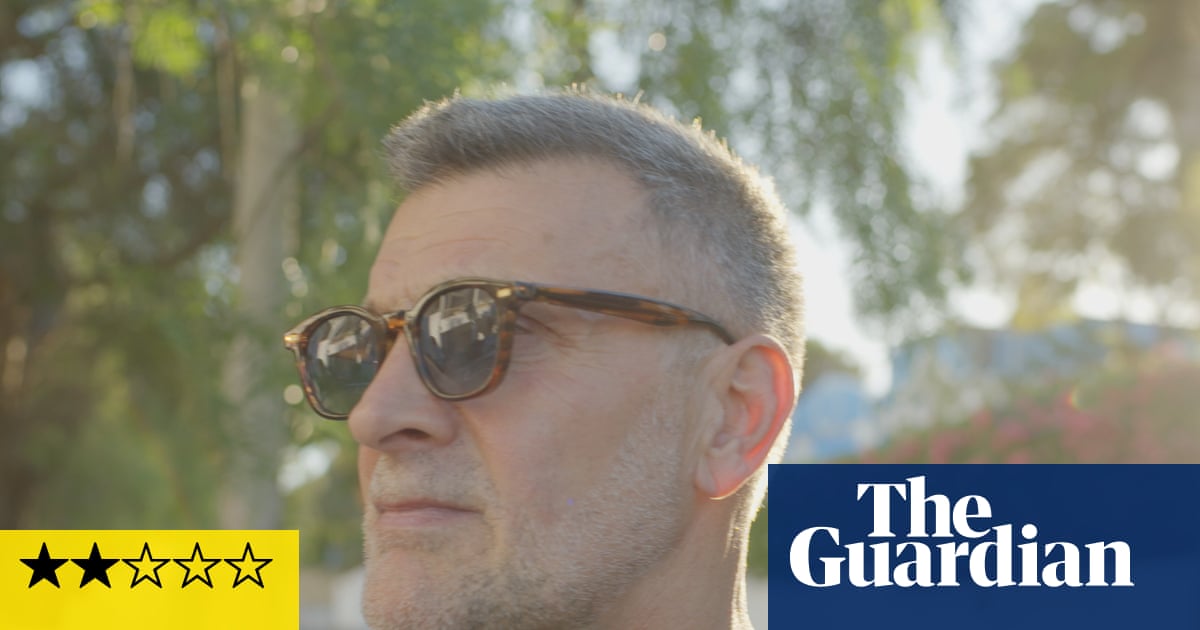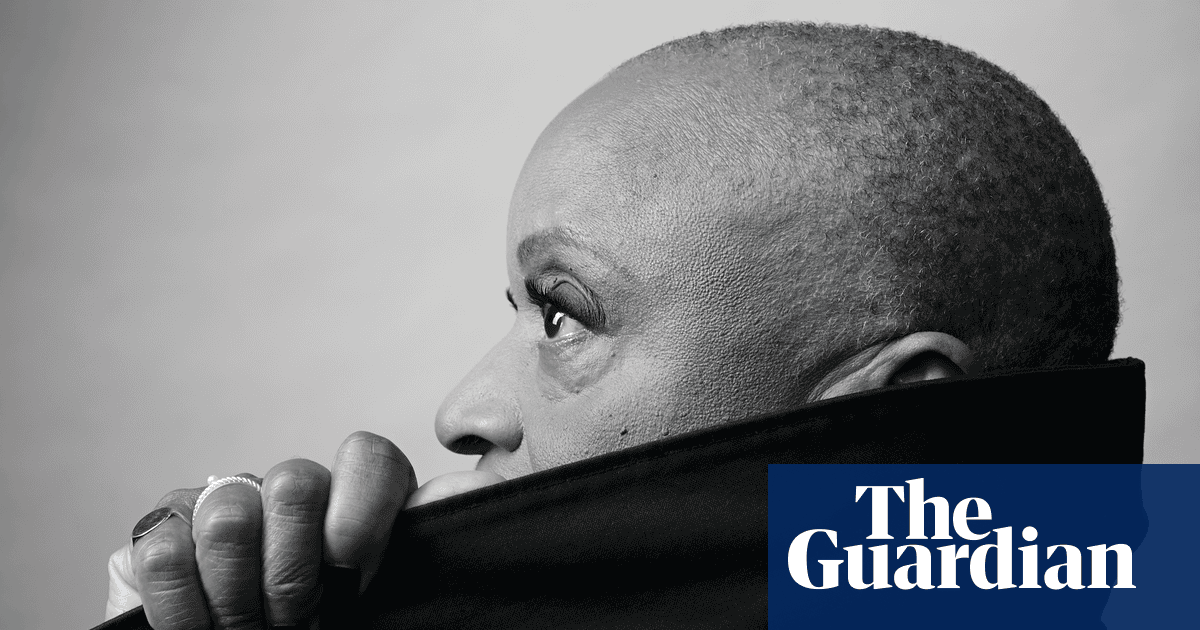Like so many others, I watched the video of Rümeysa Öztürk, a Turkish student at Tufts University, as she was surrounded by men dressed in black, some wearing masks. They carried guns. One grabbed her by the collar. The men surrounded her, and one handcuffed her. You can hear her short shrieks of fear.
She must have been terrified. I know I was when, as a 19-year-old student, I was kidnapped off the streets of Buenos Aires by members of an irregular taskforce. I know what it feels like and I know what it portends.
My kidnapping occurred in 1977. One year earlier, I was in bed when my mother came to my door with a portable radio broadcasting a military march. Later, I saw tanks rolling down the streets. It was the saddest thing I’d ever seen. An authoritarian military junta had overthrown the government. Its mission, it said, was to restore order – just as, in the US today, the theme offered for public consumption is one of restoration, taking us back to a supposedly better time.
In those years, the Argentine state became a terrorist: it chose the systematic violation of rights to supposedly protect a society with western, Christian values from leftist and communist “terrorists”.
I and my fellow activists were not terrorists. We were leafleting, attending rallies, painting walls with our slogans. I had joined a group of like-minded idealists. But the government sought to neutralize us: if we weren’t going to go away, we would be “disappeared” – as I was, and as Öztürk was supposed to be. The authoritarian government targeted not only dissidents, but the media, the legal establishment and the intellectual elites, especially those who taught at universities, which were denounced as hotbeds of leftist thought.
Condemnations by Donald Trump echo almost verbatim. To an authoritarian regime, dissent is a threat. Now, in the US, it is foreigners being cast as enemies of the state. Öztürk’s apparent infraction was that she was a foreign student who co-wrote an op-ed in her student newspaper denouncing Israeli military action in Gaza as a “genocide.”
Like Öztürk, I was treated as an enemy of the state. I became one of the disappeared.
In Argentina, the institutional checks on power were systematically destroyed. The legislature was abolished, the judiciary cowed or co-opted. In the US, Republican majorities in the legislature have voluntarily given up their independence, but the result is the same. The chief executive acts with impunity. Having tamed the legislative branch, Trump has moved on to the judiciary. He demands loyalty, denounces “activist” judges and calls for their impeachment. Judges and their family members have been doxed, their images and personal information circulated online. In April, the Judicial Conference of the United States officially requested an increase in funding for security.
In this climate, judges have and must continue to uphold the rule of law even as they do so at great personal risk. After a six week ordeal, Öztürk was finally released by order of a brave federal court judge. She has been returned to her community and upon her release she stated: “I have faith in the American system of justice.” For this system to continue, judges must be protected.
This small victory is just a beginning; so many others remain incarcerated. It took nearly two years to secure my release and even then, it was not through the power of the courts. During those years, the Argentine military acted with omnipotence and impunity. They were convinced that they would never be brought to justice for their crimes, because no one ever had been before.
But with the return of democracy, the constitutional government took the members of the juntas to trial and I was called to testify. It was a historic moment, and a collective catharsis for the victims. Several of the former commanders in chief received severe sentences. Government accountability in Argentina began only after the fall of the regime. During the reign of the junta, there had been a total collapse of the judiciary.
Forty years have passed since then, and under the government of Javier Milei, the Argentine state vindicates the dictatorship and justifies state terrorism. Still, the courts in Argentina today are a critical bulwark against a return to the horrors of the past. In the US, too, the courts are critical to prevent a descent into totalitarian horrors. In the camp in which I spent most of my time in captivity, 90% of the prisoners were murdered by being thrown out of a plane, alive. (I spent 20 years of my life bringing the pilots of those planes to justice.)
In the 1980s, after I was kept as a desaparecida in two clandestine detention centers, enduring torture during my captivity, I found refuge in New York. It was there that I was able to pronounce the word “disappeared” for the first time and to denounce the horrors still being denied by the military junta without looking at the door of my house in terror, waiting for armed men to burst in to kidnap me. I worked in the office of an immigration attorney as an interpreter and paralegal and was in contact with migrants from all over the world who arrived in search of tranquility and freedom.
Some had fled their countries for their lives, like me. I had a special empathy with them, and I found it repulsive to hear they were labeled “illegal”. I listened to stories of immigration service operations in factories or on public roads and received distressing calls in the office from relatives who did not know what had happened to their family members. They reminded me of the desperation of the Mothers of Plaza de Mayo, who were unsuccessfully searching for their loved ones in Argentina. Today, I still have blood ties to the US. And I am fearful for the country. I have seen how autocracy begins and I see signs of it everywhere.
after newsletter promotion
What’s giving me hope now
How is it possible to fight against this dystopian reality? How could honest citizens halt cruelty? Is it feasible to hold accountable government officials who violate basic rights?
Immigrants being sent to detention facilities abroad, the White House considering suspending habeas corpus, the repression of protests by the military in the streets of LA – all are serious threats to US democracy. But resistance in other cities and lawsuits filed to block deployment of troops seem to be a shield against the prevalence of these authoritarian measures. Responsible and accurate independent media coverage both in the country and abroad, the creation and strengthening of civil rights advocacy organizations such as the Mothers of Plaza de Mayo, and proposals to include basic human rights protections in the US constitution, as done in post-dictatorial Argentina in 1994, could be a way of ensuring freedom for upcoming generations.
What gives me hope are the expressions of individual and collective rebellion, both in the US and Argentina. Judges who make decisions that question and even penalize the abuses of political power are necessary. But judges cannot uphold our democracy on their own.
We need members of Congress who vote against dangerous reforms and budget cuts; human rights organizations that make institutional violence visible; journalists who – at the risk of losing their jobs – communicate the truth; and broad collective action of ordinary citizens who through their demonstrations repudiate the government and take to the streets to show that the flame of freedom is still alive. We must raise our voices against authoritarianism. It is our moral duty to overcome the reign of fear. Immigrants and dissidents are on the frontline. Judges are a critical backstop. We must work to protect them all.
-
Miriam Lewin is a leading Argentine journalist and survivor of the dictatorship. She is the author of six books, including Iosi, the Remorseful Spy forthcoming in English in July 2025 (Seven Stories Press). A seven episode podcast about Miriam Lewin’s experience as a prisoner of the state and her fight for justice is titled The Burden: Avenger

 3 months ago
110
3 months ago
110

















































